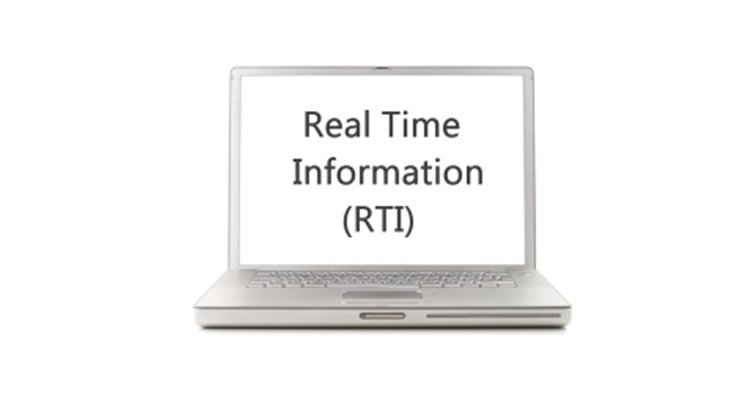HMRC are stopping the Earlier Year Update (EYU) submissions, where an inaccuracy in payroll data has been identified after the end of the Tax Year but has not been corrected before the 19 April HMRC requires employers to submit an EYU to correct the account., from April 2020.
From 20 April 2019, HMRC will extend the use of the RTI Full Payment Submission (FPS) to allow employers to continue to report revised year to date payment data after the deadline of 19 April.
HMRC will be extending the use of the RTI Full Payment Submission (FPS) to allow employers to continue to report revised Year to Date (YTD) payment data after the current deadline of 19 April, from April 2019, however the EYU will still be accepted for the 2018-19 tax year.
Late Reporting Reason H
HMRC have confirmed there will be no changes will be made to the format of the FPS.
Late Reporting Reason H should be used on all FPS submissions which correct earlier payroll data. Although the EYU process will be changing from April 2019, not all software providers will be adding the functionality required this year. Check with your software provider and if the software hasn’t been updated then you will need to use code H.
Payment date
As the format of the FPS isn’t changing it should be completed to include the latest payroll information. i.e. payment date, monetary values; leaving date etc.
As the FPS will be an adjustment to the pay in that tax year the payment date should be equal to, or later than, the last payment date reported in that year to ensure records are updated. For example:
- An individual is in employment all year and the final FPS for the year is submitted on 30 March 2019, with a payment date of 30 March 2019
- It is then identified in June 2019 that an error occurred in their Month 11 FPS. The FPS should include the final pay date of 30 March 2019 (as the latest pay date in that tax year) and amended monetary values
Inaccurate or non-specific dates (such as 5 April) should not be used as this could cause further issues with the reliability of the data on the individual record.
Earlier Years
The new process will allow for corrections to the 2018-19 tax year and future years. An EYU will still be needed for years 2013-14 through to 2017-18. As each of these years elapses, the need for an EYU will reduce.


